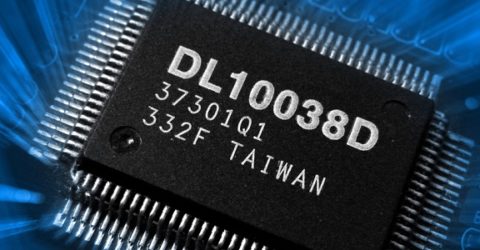Ten quick ways to boost PC performance
There are plenty of ways to boost PC performance, extending the lifespan and improving the practicality of these essential machines

Personal computers lead hard lives, and their performance is often taken for granted.
As such, any deterioration in that performance may be viewed dimly.
‘This computer’s getting so slow’, we sigh, as a PC takes two seconds longer to complete a hugely complex task than it did when it was brand new.
In today’s impatient, attention-deficient culture, a sluggish computer might be prematurely written off as fit only for landfill.
MoreTop tips for getting faster home broadband
Yet in reality, there are lots of quick and easy ways to boost PC performance.
None require a degree in computer engineering, a 40-piece screwdriver set or the ability to code in HTML.
Yet individually, they could improve your machine’s day-to-day operations and functionality. And collectively, they could restore it to something like its former glory…
Ten ways to boost PC performance
- Uninstall outdated or irrelevant programs.
- Boost startup.
- Free up hard drive space.
- Clear your browser history.
- Update software.
- Run a full malware scan.
- Reduce the number of programs running.
- Use Disk Cleanup or defrag your C: drive.
- Check for Potentially Unwanted Programs.
- Perform a full factory reset.
From historic programs which are no longer needed to legacy versions of new software, you can save hard drive space and reduce bootup times by uninstalling non-essential programs.
There are many ways to do this – reduce the programs which run on startup, minimise the number of applications pinned to the taskbar, clear your desktop or unplug external drives.
Delete irrelevant TMP files or downloaded data you no longer need. Archive old but valuable content to SSD drives or the cloud – more C: drive space means quicker data retrieval.
Hard drives can also fill with temporary web content, including cookies and downloaded files. Clearing this cache memory might enable web browsers to run and load more quickly.
The OS may run more smoothly with an update, as might key programs and apps like web browsers. This should also improve security. Antivirus packages must be set to auto-update.
Slow-running computers may have malware, or be part of a botnet. A detailed scan could flag up issues, while dedicated tools like Spybot often probe more deeply than AV software.
Pressing CTRL + ALT + DEL brings up Task Manager. If apps or background processes are consuming lots of CPU or memory resources, it may be good to disable/pause/uninstall them.
Hard drives are chaotic places with data fragments everywhere. Defragmenting them frees up space, makes it easier to access specific files, and can dramatically improve response times.
PUPs include adware and spyware, or simply software not suitable for a PC being used by children. Remove them through Task Manager, or use antimalware tools to delete them.
This nuclear option wipes everything off the hard drive, restoring the PC to its condition the day you bought it. It can have a similarly transformative effect on device performance.






